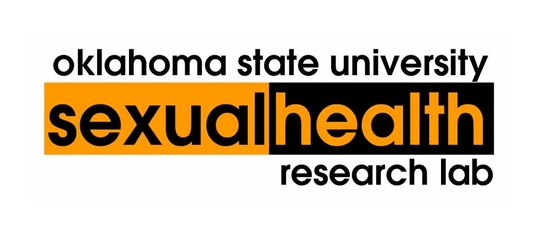Fear of being outed linked to accessing healthcare

In December of 2015, The Gayly published an article about research being conducted at Oklahoma State University’s Sexual Health Research Lab. The goal of the project was to highlight unique barriers that LGBTQ individuals face when attempting to access health care. The first part of the study has been completed, and it focused on access to health care for gay men in Oklahoma.
The study revealed that for gay men, the more “out of the closet” he is about his sexual orientation to his family and friends, the more likely he is to seek out medical and mental health care. But then, what does that say about gay men that are currently not “out?”
According to Joseph Currin of the Sexual Health Research Lab at OSU, it means that gay men who are not out do not seek out health care due to the fear of being outed or stigmatized for their sexual orientation and/or behaviors.
“The decision to come out is a deeply personal decision, and often consequences and risks are weighted by individuals as they decide whether or not to come out,” Currin explains. “We as a community do not want to force someone to come out, that isn’t the answer to help improve access to health care.”
Rather, the answer lies in educating providers of mental and medical care services about the importance of creating an open, accepting and nonjudgmental environment for people. “Regardless of someone’s sexual orientation, gender identity, race or ethnicity or whatever, a person should feel safe and welcomed when they seek services,” Currin said.
A difference was seen between medical and mental health providers. Of over the 200 individuals that participated in the study, 42 percent had disclosed their sexual orientation to their medical providers, but 94 percent had informed their mental health provider. Gay and bisexual men were much more comfortable disclosing to their mental health providers than to their medical providers.
Gay and bisexual men benefit from disclosing their sexual orientation to their medical providers because they can receive information and treatments geared specifically to being gay and bisexual that they might not otherwise have received. Medical providers could adopt some of the more LGBTQ friendly policies and procedures that have enabled LGBTQ clients to feel more comfortable.
“We are not done with this study, however,” Currin states. They are still actively recruiting lesbians, bisexual women, and transgender people to complete the study. “While analyzing the data and reporting the findings for gay and bisexual men is important, it only addresses one aspect of non-heterosexual access to healthcare for those of us that live in Oklahoma.”
If you would be interested in volunteering for this study, go to the link www.tinyurl.com/OKHealthCare and complete the brief prescreening measure to see if you qualify for the whole study. If you do, you will receive an email with the link to the main study and upon completion, you can get a $10 Amazon Gift Card.
Multiple studies are open and recruiting participants at the Sexual Health Research Lab. You can visit their lab page and see the work they do at bit.ly/gayly19.
Copyright The Gayly - 12/11/2016 @ 7:35 a.m. CDT.





